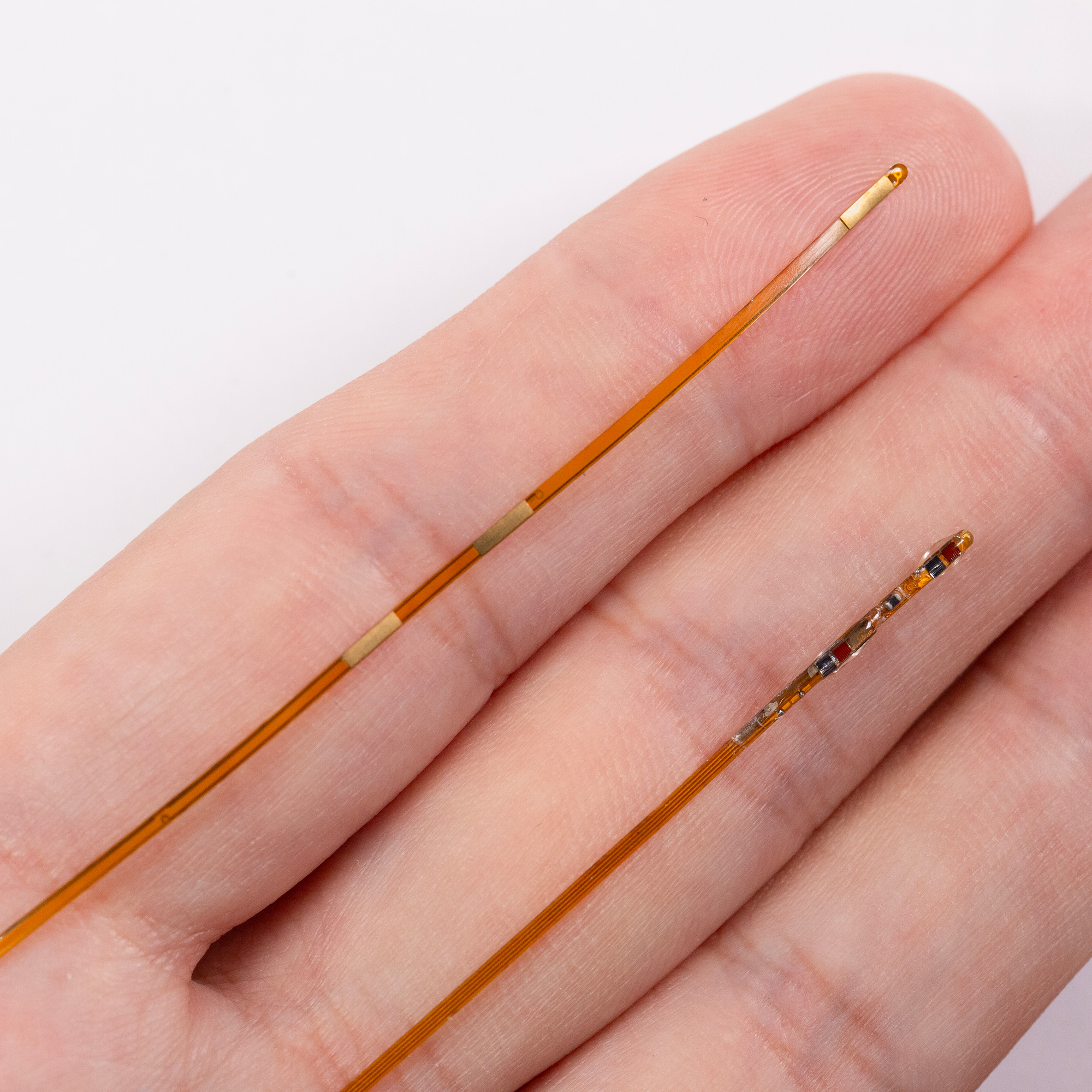Tag: Physiology
-

Humans are Not Just Big Mice: Identifying Science’s Muscle-Scaling Problem
A new study is the first to show that extrapolating physiological findings from small animals can produce incorrect predictions in humans.
-

Hippocampus Creates ‘Shapes of Knowledge’
Neurons in the hippocampus encode a spatial map of learned knowledge, helping humans and other mammals navigate the world, according to a study published in Nature.
-

Cannabinoid Pathway Linked to Psychiatric Disorders
Northwestern Medicine scientists have discovered an unexpected connection between a protein implicated in neuropsychiatric disorders and the endocannabinoid pathway.
-

Assessing Work-Life Integration for Women in Life Sciences
Assessing and addressing the needs of women working in the life sciences may improve work-life integration and innovation, according to a recent survey.
-

Transporter Imbalance Implicated in Schizophrenia
Alterations in the balance of two chloride transporters may be responsible for cognitive deficits in schizophrenia, according to a Northwestern Medicine study.
-

Mapping Neural Connections in Parkinson’s Disease
Imbalanced activation of cells and previously unknown neural connections may be responsible for some motor symptoms in Parkinson’s disease and similar neurodegenerative conditions, according to two recent studies.
-

Plotting the Neural Circuitry of Appetite Suppression
Northwestern Medicine scientists have uncovered a neural circuit that drives fear-induced suppression of feeding, according to a study published in Neuron.
-

‘Logic Circuit’ in Cochlear Neurodevelopment Identified
For the first time, Northwestern Medicine scientists have uncovered the complex logic that determines how cochlear cells are connected to the brain during neurodevelopment, according to a recent study.
-

Protein Regulation Network May Influence Psychiatric Disorders
Homer1, a protein that’s important for neural plasticity and learning, is part of a large network of proteins in the brain that help ensure new connections are wired correctly, according to a new study.
-

New Developments in Parkinson’s Pathology
The strength of neuron-to-neuron connections does not govern the spread of Parkinson’s disease in the brain, according to a recent study.






